Cécile Duchêne
COGIT
Knowledge revision in systems based on an informed tree search strategy : application to cartographic generalisation
Apr 23, 2012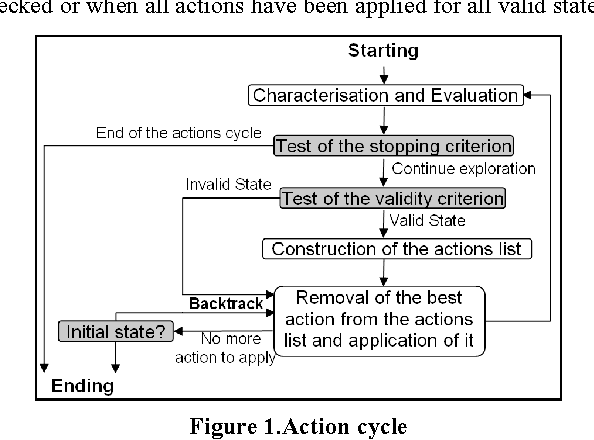
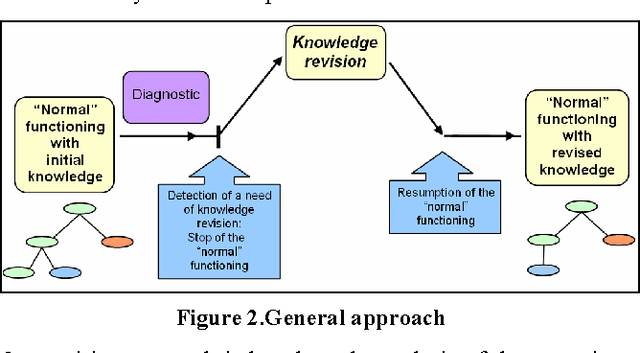
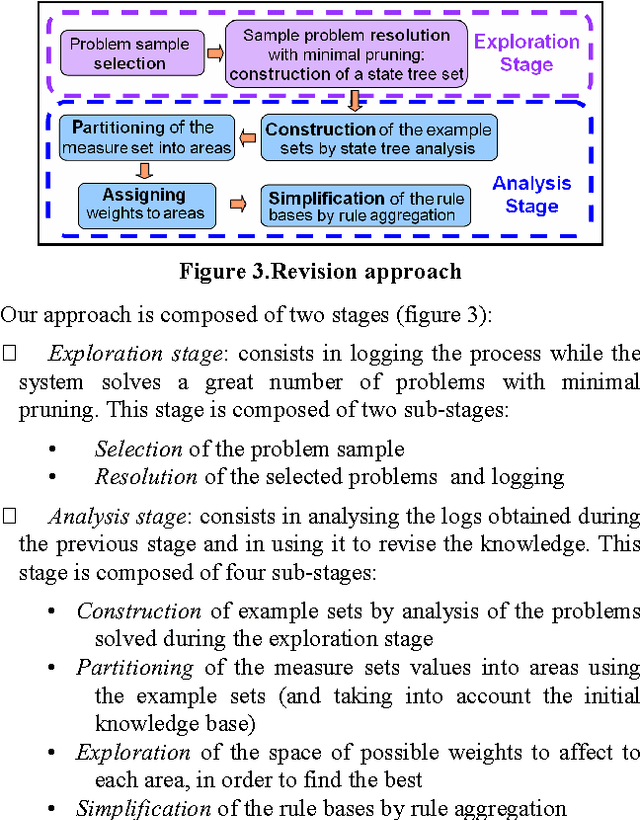
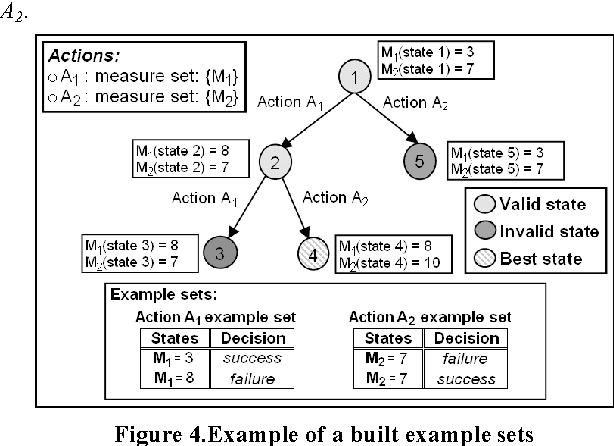
Abstract:Many real world problems can be expressed as optimisation problems. Solving this kind of problems means to find, among all possible solutions, the one that maximises an evaluation function. One approach to solve this kind of problem is to use an informed search strategy. The principle of this kind of strategy is to use problem-specific knowledge beyond the definition of the problem itself to find solutions more efficiently than with an uninformed strategy. This kind of strategy demands to define problem-specific knowledge (heuristics). The efficiency and the effectiveness of systems based on it directly depend on the used knowledge quality. Unfortunately, acquiring and maintaining such knowledge can be fastidious. The objective of the work presented in this paper is to propose an automatic knowledge revision approach for systems based on an informed tree search strategy. Our approach consists in analysing the system execution logs and revising knowledge based on these logs by modelling the revision problem as a knowledge space exploration problem. We present an experiment we carried out in an application domain where informed search strategies are often used: cartographic generalisation.
Using Belief Theory to Diagnose Control Knowledge Quality. Application to cartographic generalisation
Apr 23, 2012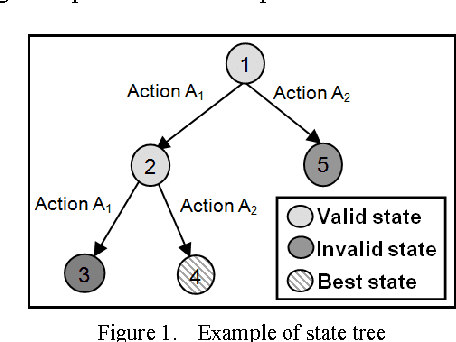
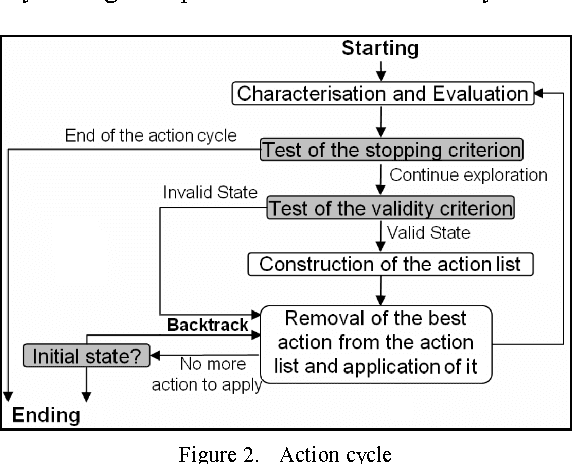
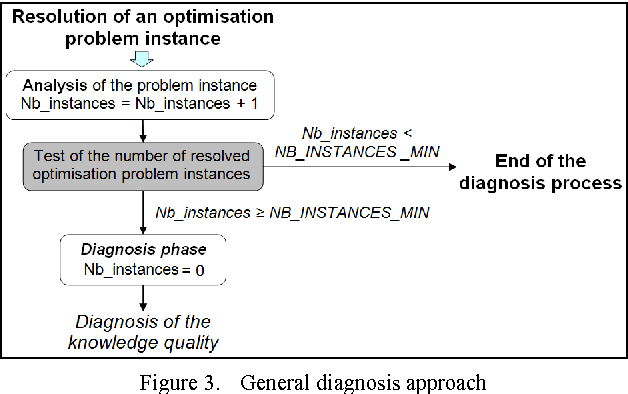
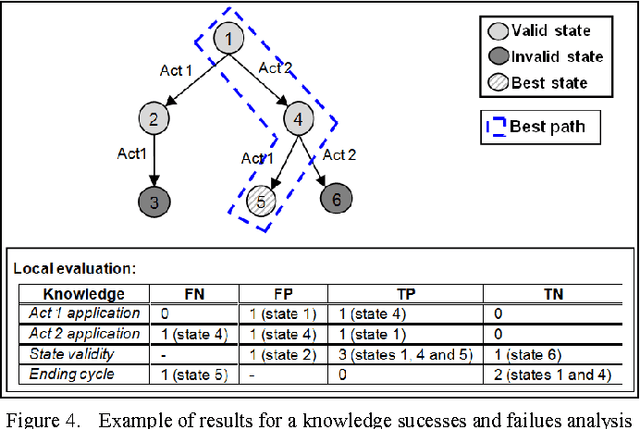
Abstract:Both humans and artificial systems frequently use trial and error methods to problem solving. In order to be effective, this type of strategy implies having high quality control knowledge to guide the quest for the optimal solution. Unfortunately, this control knowledge is rarely perfect. Moreover, in artificial systems-as in humans-self-evaluation of one's own knowledge is often difficult. Yet, this self-evaluation can be very useful to manage knowledge and to determine when to revise it. The objective of our work is to propose an automated approach to evaluate the quality of control knowledge in artificial systems based on a specific trial and error strategy, namely the informed tree search strategy. Our revision approach consists in analysing the system's execution logs, and in using the belief theory to evaluate the global quality of the knowledge. We present a real-world industrial application in the form of an experiment using this approach in the domain of cartographic generalisation. Thus far, the results of using our approach have been encouraging.
 Add to Chrome
Add to Chrome Add to Firefox
Add to Firefox Add to Edge
Add to Edge